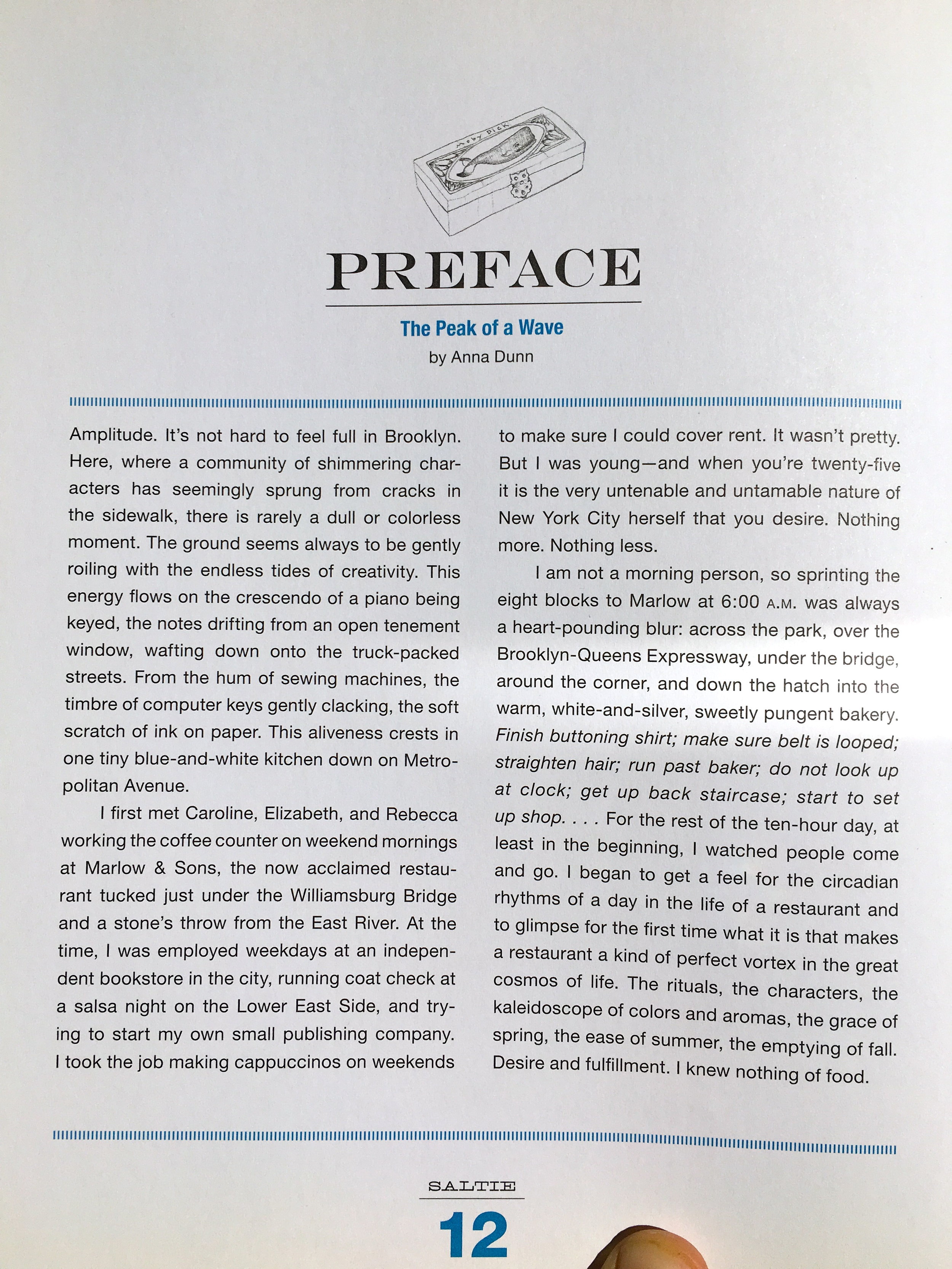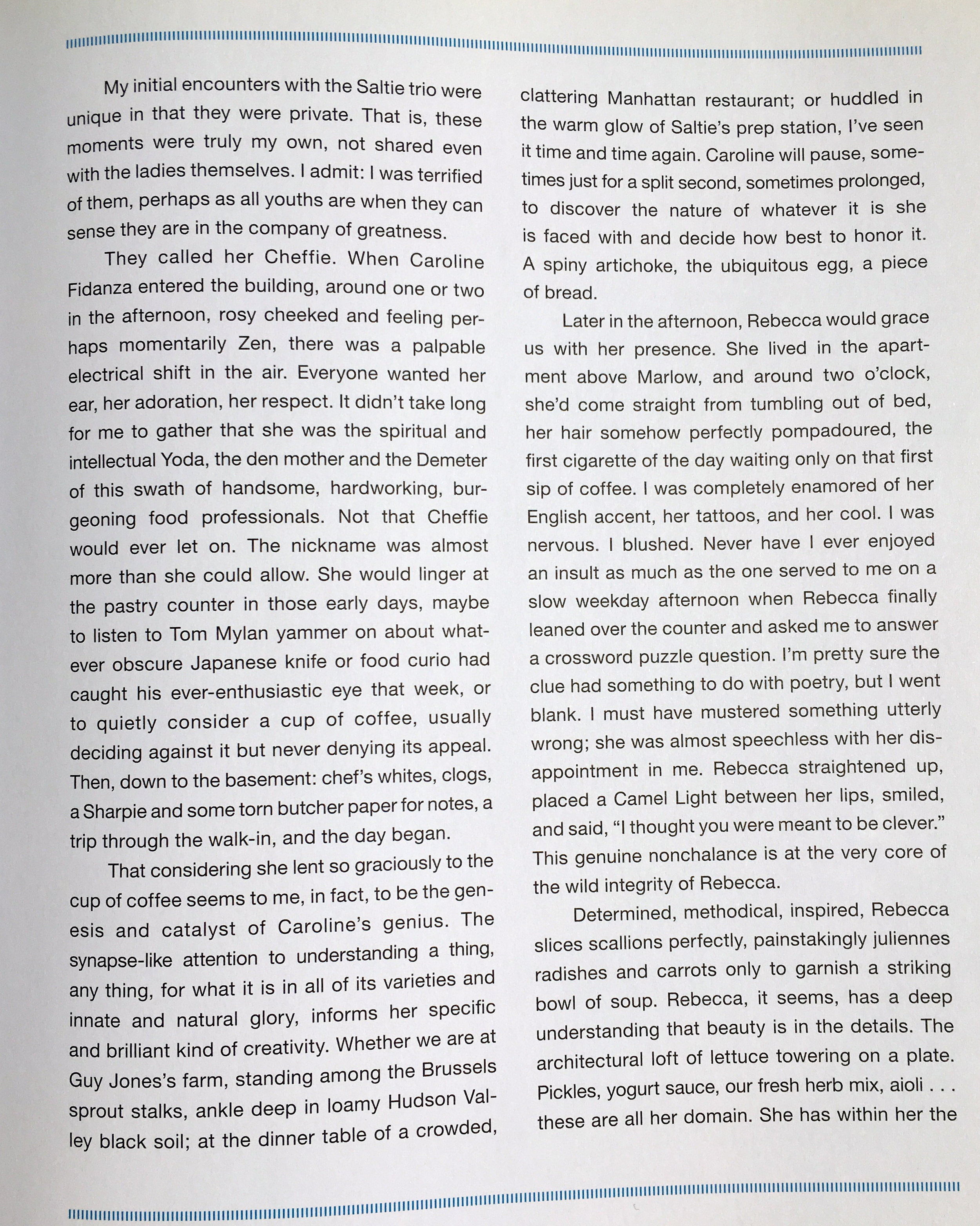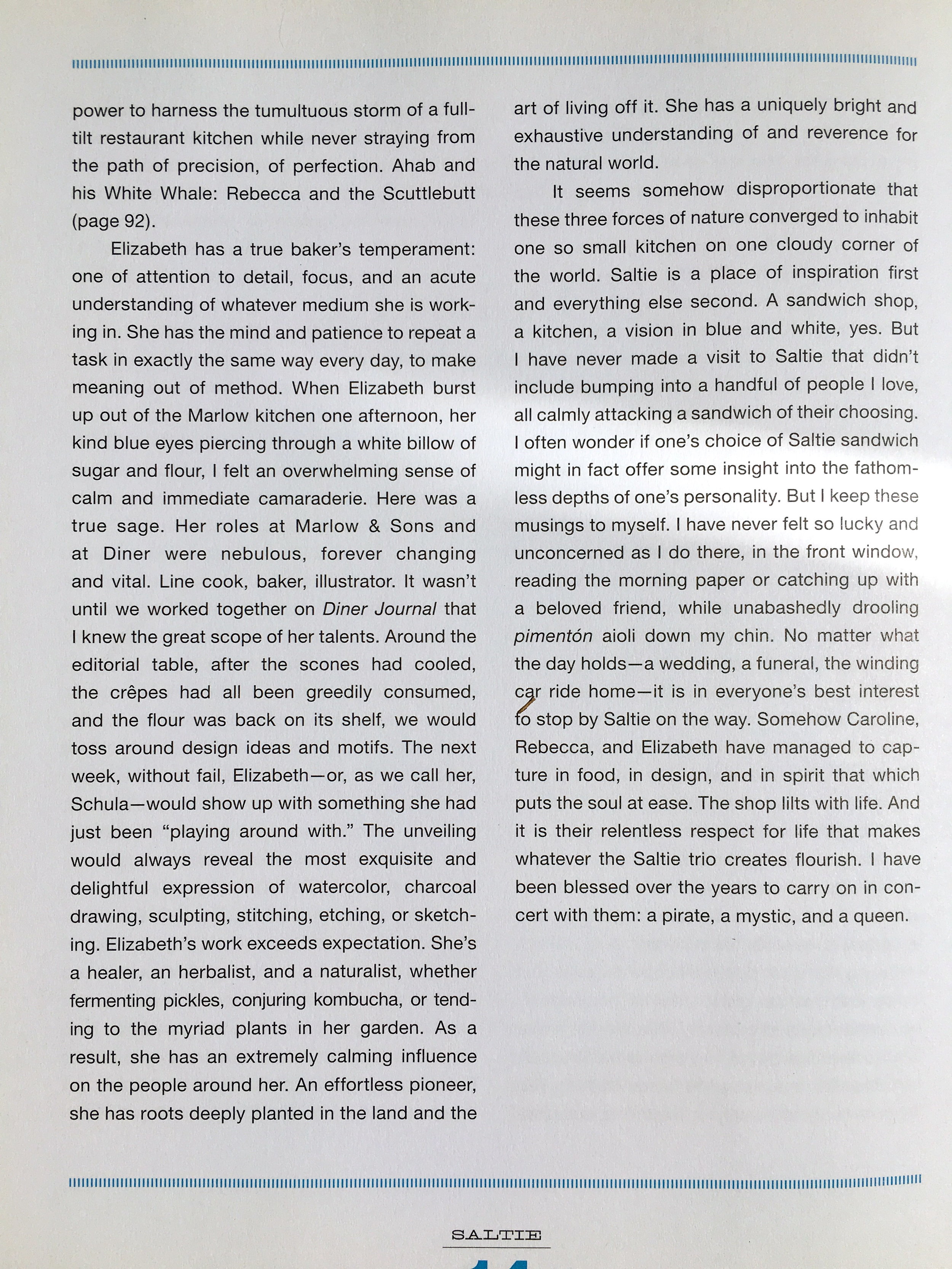Art Reviews for Brooklyn Rail
Arlene Gottfried: A Lifetime of Wandering
“I felt not a fetishization for the past but a kind of limitless nostalgia for the fleeting present, which is at the center of Arlene’s work. Each photograph points us quietly to strength and dignity within suffering, asking us to love these daring humans: the one standing in the street as well as the one holding her camera, recording the relentless wildness at the tender and often troubled heart of New York City.”
“But what of the desire to identify oneself outside the bounds of society? A video piece Press and Outline (2014), by Gina Osterloh shows the artist standing in a black jumpsuit, her form in a spotlight against a blank white wall. Her back is to us as she slowly explores and caresses her own shadow. Her gesture and self-examination at once evoke embrace and confrontation, holding and merging. Here is a woman alone, her hands tracing the outline of her darkness, her body a form simply interrupting light.”
Regions of the Cloud
for Jesse Peacock
I’ve been sleeping in the room where my friend passed away. And looking at the wall the other day I found a thin crack in the plaster. A delicate but long floor to ceiling split, originating in the corner and running down to the center of the wall where my eyes always seem to be waiting to look when I open them each morning.
The day after Jesse passed I remember being in a packed elevator with my therapist. I was having an irrational fear, go figure, that people near me might accidentally start feeling the way I felt. So I kept my breath short, and smiled a quiet acknowledgement. When we got out and I sat on the couch telling Debbie what happened she asked me what it felt like. I said sometimes it felt really bad, like a bolt, like touching lightning. She said well it feels like that because you have.
I spent the next several days imagining holding onto the bolt, trying somehow to keep that which couldn’t even be touched, grabbing at air and placing it somewhere one might consider safe, searching around for some kind of container for light.
The things I knew about Jesse before he died were things like the stunning dance of mischief in his eyes, the curve of his devilish grin, the way he loved pizza, that he liked really bad movies, that he loved getting really funny tattoos, that he was kind of heartbroken and forlorn, that he he got a gay pride flag tattooed on his wrist not long after the mass shooting in the Pulse nightclub in Orlando. I knew that he respected and loved me, and I know this because when he had a terrible abscess in his mouth he told me as much.
We were standing in the backyard, where I was perhaps while he was dying, the dogs circling us, eyes looking up, tails batting our kneecaps.
“Anna,” he said opening his mouth wide, “it’s really gross… But I want to show it to you, you know, because I respect you.”
I knew that he loved my pets as much as I did.
What I didn’t know was that he was buying drugs from someone at the bakery he used to work at, and that’s why when I was sent by the police downstairs to look for his wallet, instead I found three small scones lined up in a brown wax paper bag.
I can’t say exactly that when I saw the scones I was reminded of Raymond Carver’s short story A Small Good Thing, I don’t think I was capable of minding anything in that moment, but I do know I would never forget finding them there, nestled on top of his work shirt, what I thought of as kind of comforting if heart wrenching, testimony to his intention of living. What does that mean exactly? I thought the scones meant he didn’t want to die.
I think maybe that’s what I think about food, about eating, that in a basic way it’s very simply about living.
Baking has always seemed to me a kind of alchemy. A structural feat. Sweetness and density. Meant to satisfy and make dizzy. A peace offering, a celebration, an indulgence. Sustenance. Something we sink into. Or after the apple, comes the cake.
Making cake is not unlike mixing plaster, creating something that will harden, fill in, patch up the pain maybe. The smell of sugar in motion, flour binding, fat and water. Rising, filling.
In Carver’s story a small boy gets hit by a car and runs home the day before his birthday. His mother has ordered him a cake from a baker in town. The boy spends several days in the hospital in a coma, the doctors can’t figure out why he won’t wake up, each parent returns home to change clothes and is harassed by mysterious phone calls. After the boy dies the mother realizes it is the baker who has been harassing them, upset that no one had come to retrieve the cake, and so both bereft mother and father march down to the bakery to confront the man. After hearing what the couple has been through he asks them both to please sit, presents them with several small buns. He tells the grieving couple, “Eating is a small, good thing.”
In the days following Jesse’s passing we ate stacks of pizza. Pizza once the hospital came and took his very young body away. Pizza the next morning. When we went out, we got pizza. We couldn’t think. We were simply capsules of loss. Emptiness. Bodies that needed fuel but bodies that felt like they would never be full. Full of what I’m not sure. There was no hunger. But pizza was Jesse’s food. A circle. A pie. A kind of savory cake. A shape made out of pieces. A beginning. An ending. Both, an ouroboros.
I’ve learned there are three types of lightning. There is lightning that strikes within the cloud. For some reason for weeks after when I was on the train and I would catch a glimpse of myself reflected in the glass I felt this kind of charge. I was alive. If I had seen him that day before he had ingested the drugs maybe I could have called the ambulance. Maybe if I had been different, early, on time, if I had heard him make his way up the stairs and close the door behind him, if I had just called out to him perhaps he would have stayed alive. And when I felt this lightning I had the urge to beat my head against the wall, to attempt to undo the deep groove of knowing when someone is gone for good.
The second kind of lightning is a charge between clouds. I felt this with his sister Patti and Katy, who was his roommate and, as he called her, his Fairy Godmother. When we stood together, I could feel the grief battering around inside and between us. It felt, at once as though some kind of channel had opened up between the three of us and at the same time as though a bird were trapped and flapping about in the belly of this channel, and/or sometimes I felt it’s frantic wings in the cage of my lungs, brushing away at the beating of my own heart.
Right now Jesse’s journals are in the kitchen cupboard, next to the pancake mix. And I admit it’s a funny place to put them. Maybe it’s the image of the scones that lead me there. It’s the first place I’ve moved them since Patti and Katy moved out and I moved in, and I’m sure it won’t be the last. There is a way of losing something while keeping it with you, that feeling, that love, and that pain that you can't bear and you can’t be without. He’s still here somewhere. Inside the crack in the wall maybe, or in the zipper pouch of a backpack. But that’s what I guess I’m trying to do… to loosen a little of the pain, while keeping Jesse in my heart, and in my mind, and in my house.
I examine the crack in the plaster every morning when I wake up, its elegant stretch from top to bottom, and in this way I’ve brought Jesse into my daily routine. Did the room bust a little, did the atmosphere give way when Jesse’s energy left his body? Did his heart grow so large it had to transform into some other untouchable charge?
The third type of lightning runs from the top or the anvil of a heaping cloud, that place we like to locate heaven, and touches down next to us, on mortal ground. But Jesse I think was maybe a fourth kind. For me he was and will be a quiet streak of permanent lightning across the middle of my life. A boy who was not just a boy, but a gorgeous piece of flashing light.
From Stronger By Way of Breaking or How to Handle the Failed Election
What is it they say about a house that is burning?
Our attachment to privilege, to believing we are owed something, is not hope. It’s as if we are all in the grips of an addiction in which it’s too painful to remember what the sunrise feels like. It is what limits our vision, what led us to fail Hillary Clinton and each other in this election.
This failure leaves us on a planet that is dying around us and doing nothing about it. Where hosing down a human being with cold water in the freezing night is permissible. Where a young black man bleeds out on a San Francisco street alone. Because you, not them. Because of safety, not empathy. Because I, not we. Because if I can just survive that's enough.
But it's not enough. It's calcifying in the face of love.
I need to know about this America, not turn a blind eye to it, this America that I have forever been hesitant to love, have always in some untended chamber of my queer female heart feared would destroy me.
This was not an election about issues. This was not an election about good or evil either. It was an election about suffering. People are good, their souls are precious, their dreams are real and vital. This election illustrated for me how much and in what crushing amplitude people are suffering out there, and the way in which it is so easy when we are suffering to attach ourselves to and be motivated by hate. How hate creates a shell that eclipses our morality, our humanity, our joy, our dignity.
This election made me feel the need to protect people, and that breaks my heart pump.
James Baldwin said, If you can’t love anybody you are dangerous. You have no way to learn humility, no way to learn that other people suffer and to use your suffering and theirs to get from this place to that.
And so I challenge myself and all of us to push beyond our disappointment and heartbreak, beyond our attachment to power as a means of survival, beyond loving anybody to loving everybody. Listen, I am angry. And, yes, in many ways I have become a canvas of rage. But anger is different than hate. I will use my anger to activate, to demonstrate, to make phone calls, to learn to love harder and stronger.
And, yes, to march this weekend.
We may be without compass and the road is dark and full of raving ghosts and unimaginable obstacles. But we will move forward—with our more expansive, our stronger hearts. We will heal. We will grow. We will dance when we can, and hold on to one another, we will make food for those of us who are hungry, we will listen for the sorrow of others, we will witness and cherish and see each other, and we will be devastated, but fearless in the face of hatred.
We will carry those who need to be carried.
That’s what women do.
And we must all be women now.
Read full essay at TheCenterForFiction.org
From Pulse
That first night in ManRay, when a girl kissed me, my life changed. It felt cellular. I had finally been seen and for a brief moment, while Cher blasted through the speakers and the disco ball spun overheard as assuredly as any good planet, I had been loved. The tragic and, albeit, comic element of this moment of my life was that I had self-medicated so deeply that night with cheap vodka tonics that after the kiss I promptly puked on the dance floor. It was mortifying. But I was done denying myself the love I knew felt right.
Love is the only thing that has the ability to remain unbroken. This pride weekend let’s not deny love. Together at the parade and the parties and crossing the street and at work and in the gay bars and holding hands outside Stonewall, let us be defined by it. Loving is the only act. And in fact humans, contrary to how it might feel in the wake of the 49 magnificent souls we lost this month, are really good at it. We are hardwired to love one another, and I’ll be the first to admit it can be scary at times. Choosing love makes us vulnerable. But choosing love is the only dance that will ever make any difference.
Read full essay at BrooklynBased.com


